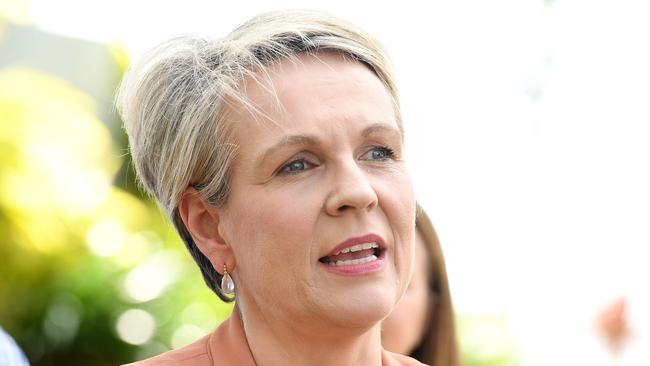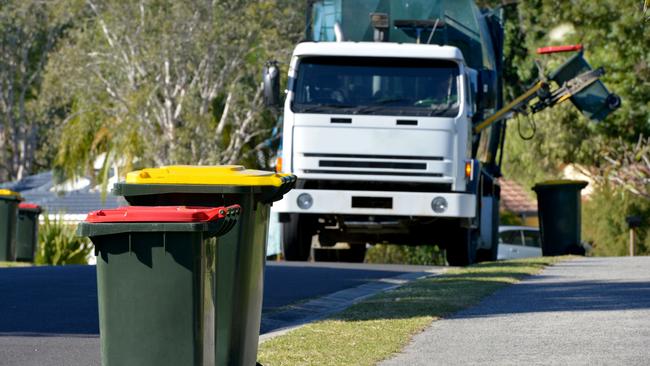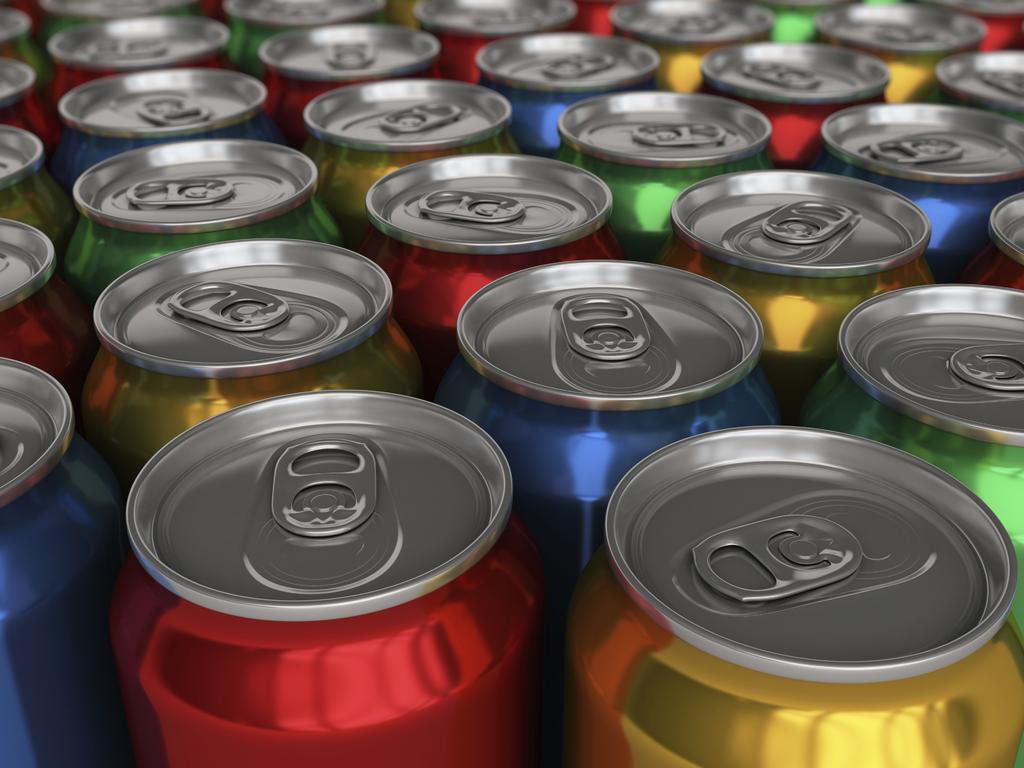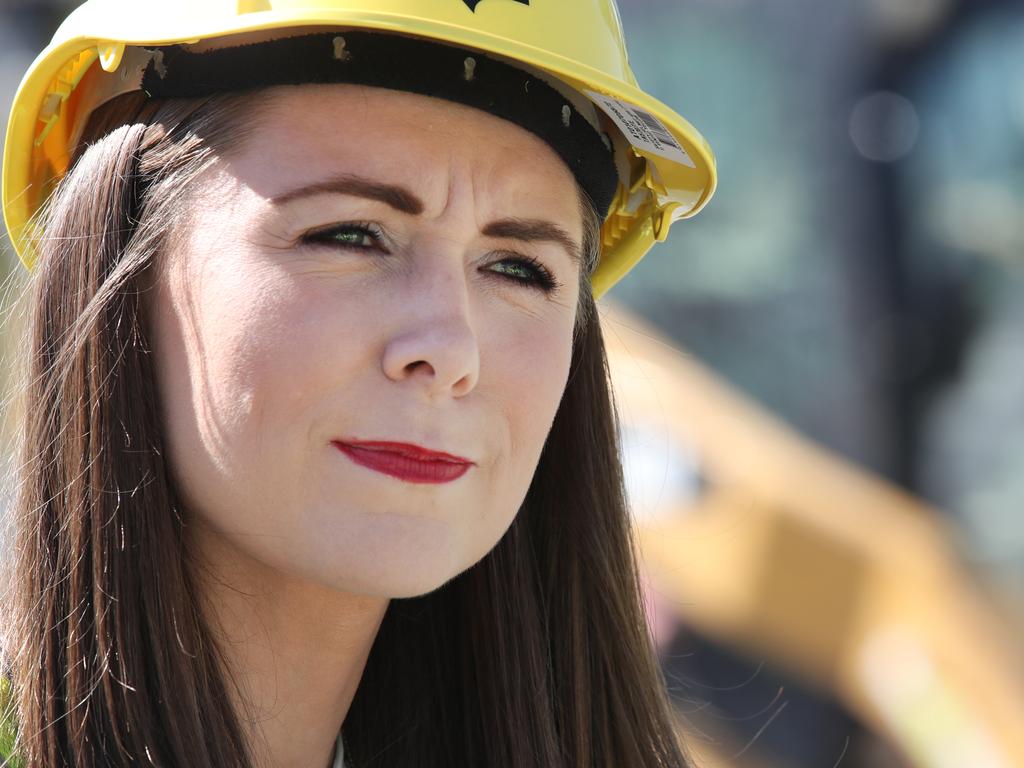Australia to export 20,000 tonnes of plastic, instead of recycling onshore
Environment Minister Tanya Plibersek has quietly given the green light to ship overseas 20,000 tonnes of plastic waste, in defiance of the Morrison government’s export ban.

Environment Minister Tanya Plibersek has quietly given the green light to ship overseas 20,000 tonnes of plastic waste collected in kerbside recycling bins in Australia, in defiance of the Morrison government’s export ban.
The Australian can reveal there is a stockpile of household plastic rubbish – such as vegetable oil bottles, strawberry punnets, household cleaner containers, and milk bottles – that our plastic recycling plants don’t have capacity to repurpose, despite a $250m federal government recycling fund.
Ms Plibersek has granted commodity trader Oatley Resources Australia a 12-month exemption to export the waste to manufacturers in North America, Central America, Europe and Southeast Asia so it doesn’t end up in Australian dumps.
The PET plastic containers, sorted and baled before export, will be repurposed into polyester textiles, or possibly recycled into plastic bottles.
Industry sources estimate there are 20,000 tonnes of excess PET in Australia’s stockpile.
The Morrison government – backed by state and territory governments – regulated export of Australian rubbish from March 2020 to prevent the dumping of domestic waste offshore. An export ban on these types of plastics came into effect in July last year.
A federal government Recycling Modernisation Fund – increased to $250m in the Morrison government’s last budget in March last year and continued by the Albanese administration – is failing to keep up with Australia’s rubbish needs.

Of 48 funded recycling facilities, 11 have been delivered.
Ms Plibersek said she had granted a “small temporary exemption for the export of polyethylene terephthalate waste plastic to be recycled overseas to make sure it does not end up in landfill”.
The exemption applies only for PET waste that can’t be recycled domestically. New recycling facilities are expected to come online in the next six months.
Just 10 exemptions have been issued since the government started to regulate plastic waste exports in July 2021.
“The Liberals and Nationals made a lot of flashy promises about recycling but did nothing to deliver them,” Ms Plibersek said.
“They promised 70 per cent of plastic packaging would be recycled by 2025 but we’ve been stuck at 16 per cent for years. Unfortunately, this means that recycling infrastructure in Australia does not meet our current needs.”
Australia’s largest PET recycling plant opened in March last year in Albury-Wodonga. The $45m facility, owned by PACT, Cleanaway, Asahi and Coca-Cola, boosted the PET recycling capacity in Australia from 30,000 tonnes to more than 50,000 tonnes a year.
The joint venture’s second plant, to open in the next six months in Melbourne’s west and to cost about $50m, will be able to recycle an extra 28,000 tonnes of PET waste annually.
Each of the facilities is estimated to be able to process the equivalent of about one billion plastic bottles each year.
Visy also has a large plastics recycling plant in Sydney.
Oatley Resources Pty Ltd managing director Mark Christie said the company was still quantifying how much plastic could be exported, and was preparing to have “tricky” conversations with possible export partners. He said the decision to “disconnect with the global marketplace in one swoop has really damaged our relationship with clients, and Australia’s relationship”.
An investigation by The Australian this week revealed soft drink cans collected by container return schemes were not recycled here but were shipped to The Netherlands and South Korea.






To join the conversation, please log in. Don't have an account? Register
Join the conversation, you are commenting as Logout